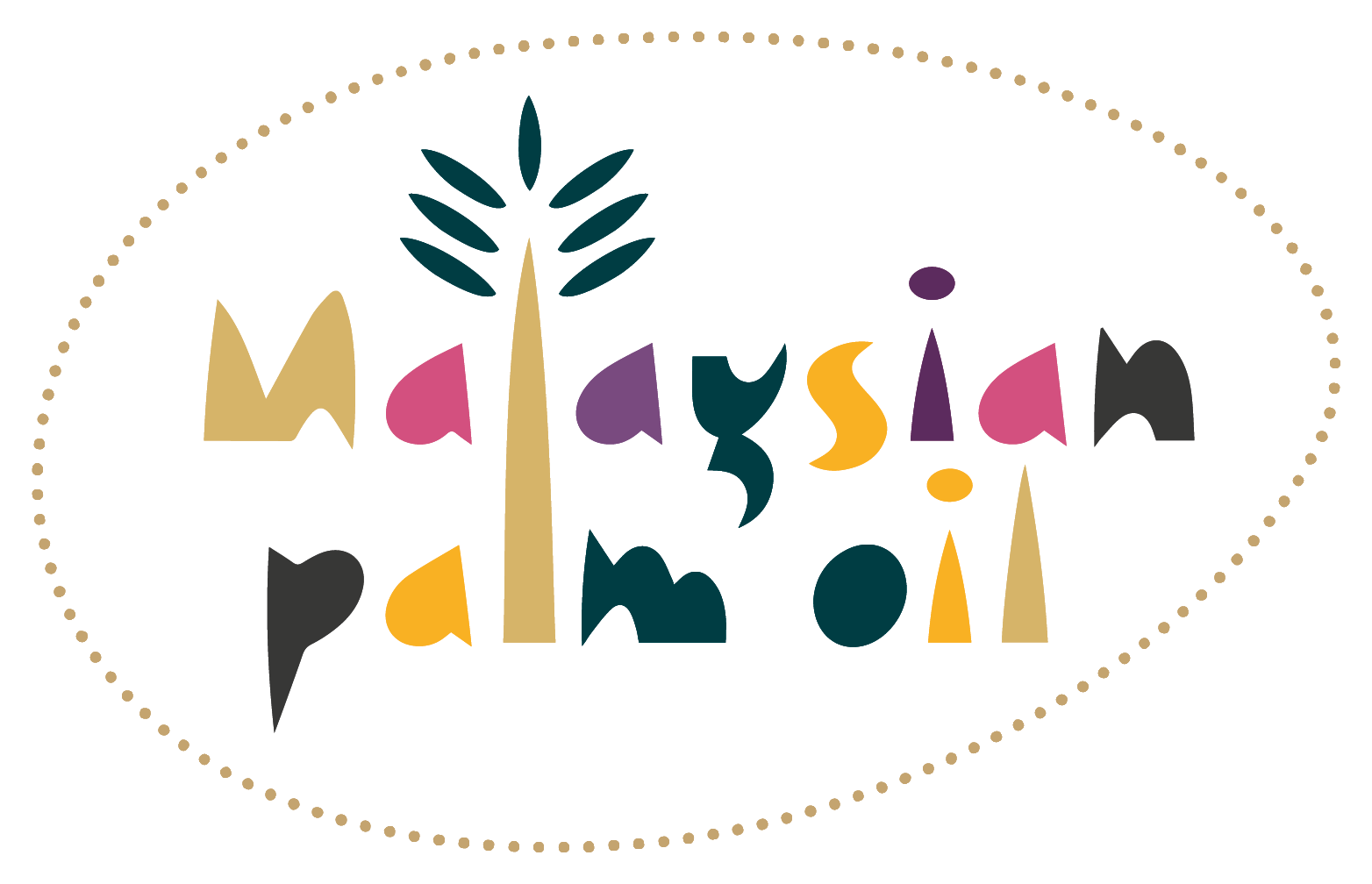India’s commerce minister, Piyush Goyal, has openly criticized the European Union’s greenwashing of protectionist trade policies, echoing sentiments from Malaysia and other Global South nations that the EUâs current approach is âbiasedâ and is harmful to developing world producers and exporters.
During the World Trade Organizationâs recent biennial conference, Goyal challenged the EU’s insertion of discriminatory sustainability stipulations into trade agreements as a means of privileging domestic industries and exporting the cost of addressing climate change. These efforts by the Indian Government to defend its own interests are part of a broader shift in approach by rising developing nations. Exporting countries are no longer willing to indulge what the Financial Times described as âcounterproductive regulatory burdensâ imposed by Brussels.
His comments mirror those of Plantation and Commodities Minister Datuk Seri Johari Abdul Ghani, who said with reference to a recent ruling from the WTO that the EU discriminates against Malaysian palm oil biofuels: âThe EU and France must now bring their measures into conformity with their WTO obligations.â
Malaysian Palm Oil Council CEO Belvinder Sron echoed these concerns and emphasized how the approaching deadline will have a major impact on supply chains, exporters and producers, stating âThe EUDR forces Malaysian small farmers to implement unrealistic requirements, including costly trace-ability and technology. If these new rules are enforced, thousands of Malaysian small farmers will likely be cut out of supply chains. Livelihoods are at risk.â
Malaysia is leading calls for a fair hearing, genuine dialogue, and an end to discriminatory practices. The EU Deforestation Regulation (EUDR) will be a good test of whether this approach can be changed and whether Brussels is willing to increase cooperation with trading partners and leave behind the âgreen protectionismâ of the past.
As quoted in a recent New York Times article, Natural Resources and Environmental Sustainability Minister Nik Nazmi bin Nik Ahmad saidâWeâre not questioning the need to fight deforestation ⦠But itâs not fair when countries that have deforested their own land for centuries, or are responsible for much of our deforestation, can unilaterally impose conditions on us.â.
The delay being requested by Malaysia â to allow small farmers time to comply â is reasonable and practical. Will the EU display similar reason and practicality, by accepting the need for delay?
There are multiple opportunities and avenues for approach. Delaying the EUDR is one; using the Joint Task Force mechanism to substantially address the many problems with the EUDR is another. Or by recognizing the role that developing world institutions can play, most notably Malaysiaâs MSPO certification standard which should be accepted as a tool for EUDR compliance.
For Malaysia, supporting 450,000 palm oil small farmers are the priority. For India, or other countries, the national focus may differ, depending on which EU regulations are most damaging. The principles though, are consistent.
